Dish reportedly agrees to pay $5 billion to create a new prepaid carrier
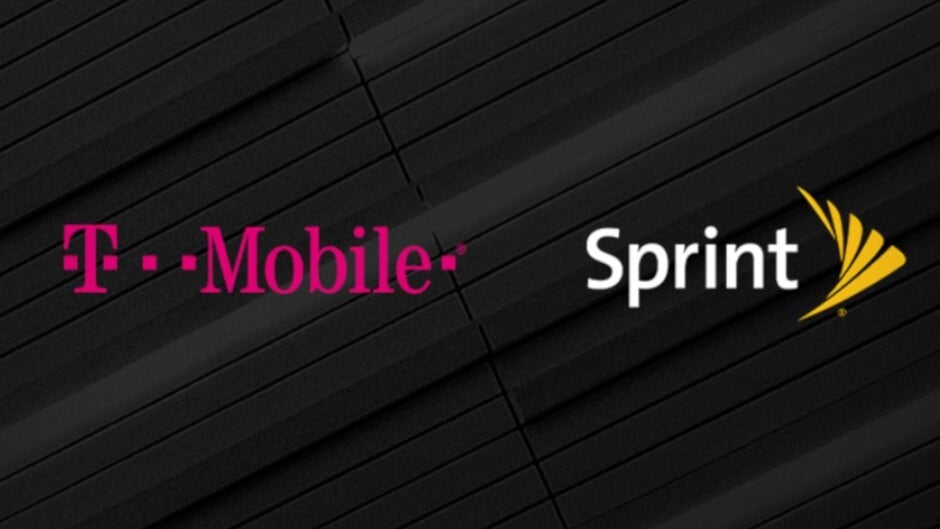
The $26.5 billion merger between T-Mobile and Sprint is thisclose to taking place. Bloomberg reports this morning that Dish Network will pay a total of $5 billion to create a new prepaid wireless provider. $1.5 billion will go toward a seven-year MVNO deal with T-Mobile that will allow Dish to sell wireless service using the T-Mobile network. For three-years T-Mobile will provide support to Dish to ease the transition of prepaid subscribers from a merged T-Mobile-Sprint to Dish. To protect T-Mobile, Dish cannot flip these assets or turn the agreement over to a third party for three years. The remaining $3.5 billion to be paid by Dish to T-Mobile will go toward the acquisition of spectrum by the satellite content provider.
The agreement between Dish and T-Mobile is important because it allows the Department of Justice to approve the merger between T-Mobile and Sprint. That deal, announced on April 29th, 2018, has already received approval from the FCC. And while the DOJ reportedly was leaning toward blocking the merger, it agreed that setting up Dish to be a new competitor in the industry would allow the regulatory agency to approve the transaction. The agency is charged with making sure that the competitive landscape in any industry remains the same following a merger. Official approval from the Justice Department could come as soon as tomorrow.
T-Mobile is expected to announce that the deal with Dish will not change its expectations about the $43 billion in savings it will reap from the merger. But the combination of the nation's third and fourth-largest wireless carriers is about more than saving money. With the transaction, T-Mobile will take control of Sprint's holdings of mid-range 2.5GHz spectrum. Along with T-Mobile's low-band 600MHz spectrum and it's ultra high-band mmWave airwaves, the 2.5GHz spectrum will help the wireless provider build out a nationwide 5G network. When the deal was first announced, both companies painted the combination as being necessary for the U.S. to take global leadership in 5G. With ten times faster download speeds than 4G LTE, the next generation of wireless is expected to lead to new industries and businesses once a coast-to-coast network is built. T-Mobile CEO John Legere repeated this argument as recently as last month.
Investors are optimistic that the deal will close
Those challenging the merger have complained that it would lead to job cuts as redundant retail locations and positions are eliminated. But last October, Legere stated that the transaction would actually lead to more jobs immediately after the deal closes. The executive called the merger "unique" and said that 11,000 new positions would be created by 2024. The Communications Workers of America (CWA) complained last August that the deal would result in the loss of 28,000 jobs.
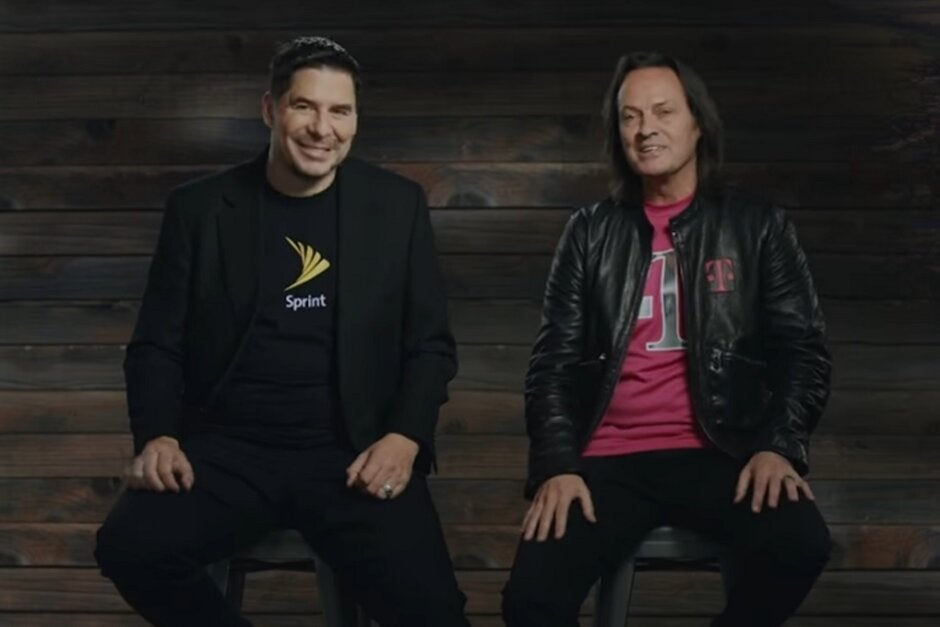
The merger between T-Mobile and Sprint is thisclose to closing
The Department of Justice previously blocked the $39 billion merger of AT&T and T-Mobile that would have created the largest wireless operator in the U.S. Since the deal did not go through, T-Mobile received a break-up package that included $3 billion and 128 AWS markets including 12 of the largest 20 metro areas in the country. This package helped T-Mobile kick off a transformation that turned it from an afterthought in the industry into the most innovative and fastest-growing of the four major wireless carriers.
Under the terms of the merger, Sprint stockholders will receive .10256 of a T-Mobile share for each share of Sprint that they own. T-Mobile shares are currently trading at $79.89, up $1.25 today. Sprint's shares are trading up 7.6% or 53 cents at $7.62 a share. If the deal closed today, each Sprint shareholder would receive $8.19 in T-Mobile stock. The 57 cents spread between Sprint's stock price and its theoretical value is the lowest in some time and indicates strong optimism on the part of investors that the deal will close. Still needing to be addressed though, is the suit that was filed by several state attorneys general seeking to block the merger. A trial won't start until October at the earliest although the judge has not issued a temporary restraining order that would prevent the merger agreement from being signed.
Follow us on Google News



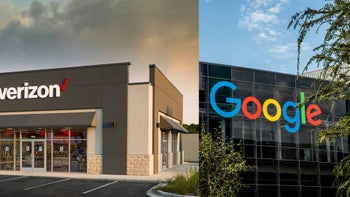

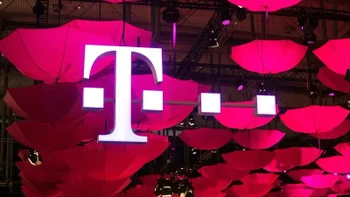

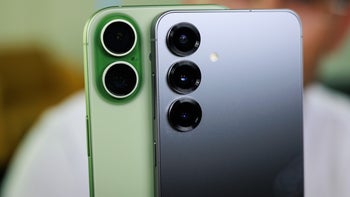






Things that are NOT allowed:
To help keep our community safe and free from spam, we apply temporary limits to newly created accounts: